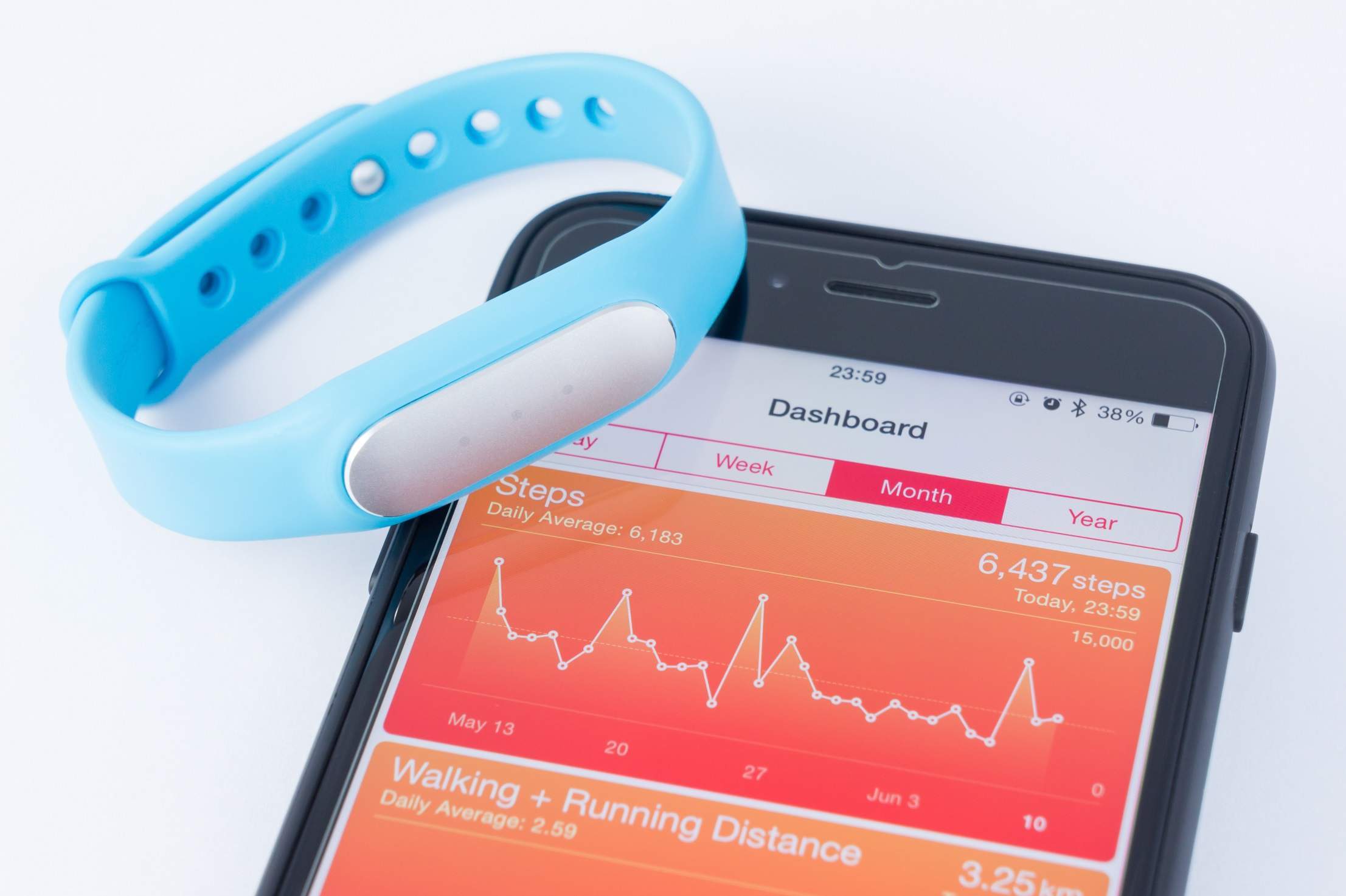
The wearables market is growing off the back of fitness bands and smartwatches and Chinese tech company Xiaomi is pioneering this growth.
According to research by Strategy Analytics, the wearables market shipped 22m units in the second quarter of 2017.
Xiaomi captured 17 percent of the market thanks to the popularity of its Mi Band fitness trackers, making it the world’s top wearables brand.
The company shipped 3.7m wearables worldwide, a 23 percent rise from 3m units in the second quarter of 2016.
The fitness bands are popular in China due to their high-quality features, such as heart-rate monitors, step-counters and calendar alerts, and their low prices.
However, it’s not all good news for wearables brands. Last year’s top brand, Fitbit, has seen its share of the market halved, from 29 percent a year ago to 16 percent in the second quarter of 2017.
How well do you really know your competitors?
Access the most comprehensive Company Profiles on the market, powered by GlobalData. Save hours of research. Gain competitive edge.

Thank you!
Your download email will arrive shortly
Not ready to buy yet? Download a free sample
We are confident about the unique quality of our Company Profiles. However, we want you to make the most beneficial decision for your business, so we offer a free sample that you can download by submitting the below form
By GlobalDataThe company has been facing falling consumer demand for its health and fitness trackers for the past few quarters, so it’s not unsurprising that this has happened.
Although, this week, it announced its quarterly results and it actually beat analysts’ expectations. It reported $353.3m in revenue compared to the $341.6m expected.
Fitbit’s co-founder and chief executive, James Park, said it had seen better than expected demand this year:
Our smartwatch, which we will believe will deliver the best health and fitness experience in the category, is on track for delivery ahead of the holiday season and will drive a strong second half of the year.
Neil Mawston, executive director at Strategy Analytics, said:
Fitbit is at risk of being trapped in a pincer movement between the low-end fitness bands sold by Xiaomi and the fitness-led, high-end smartwatches sold by Apple.
Speaking of Apple, the company is notoriously secret about the sales of its leading wearable product, its Apple Watch.
According to Strategy Analytics, the company shipped 2.8m wearables worldwide in the second quarter of this year, up from 1.8m in the same period last year, making up 13 percent of the market share.
Apple has said is wearables division, which it counts as including other products alongside its flagship smartwatch like the AirPods and its Beats headphones, is now worth the same as a Fortune 500 company.
Yet, it is interesting that the company won’t release the breakdown of the sales.
Neil Saunders, managing director of retail for GlobalData, told Verdict:
I think the reason for not releasing the sales figures is it hasn’t been the runaway success they wanting it to be. It’s not been a complete failure, but it’s not the next big thing for them.
Cliff Raskind, director at Strategy Analytics, said:
Apple has for now lost its wearables leadership to Xiaomi, due to a lack of presence in the sizeable fitness band subcategory. However, the rumored upcoming Watch Series 3 launch with enhanced health tracking could prove to be a popular smartwatch model and enable Apple to reclaim the top wearables spot later this year.





